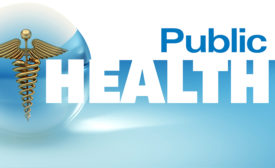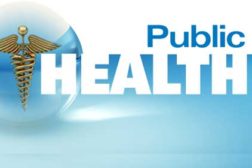Home » Keywords: » health research
Items Tagged with 'health research'
ARTICLES
Where you live doesn’t affect whether or not you get allergies – just which ones
Study counters notion of allergy-free zones in U.S.
April 2, 2014
Want to cut back on salt? Use herbs and spices instead
But being trained how to do it is even better
March 21, 2014
Never miss the latest news and trends driving the safety industry
eNewsletter | Website | eMagazine
JOIN TODAYCopyright ©2024. All Rights Reserved BNP Media.
Design, CMS, Hosting & Web Development :: ePublishing





